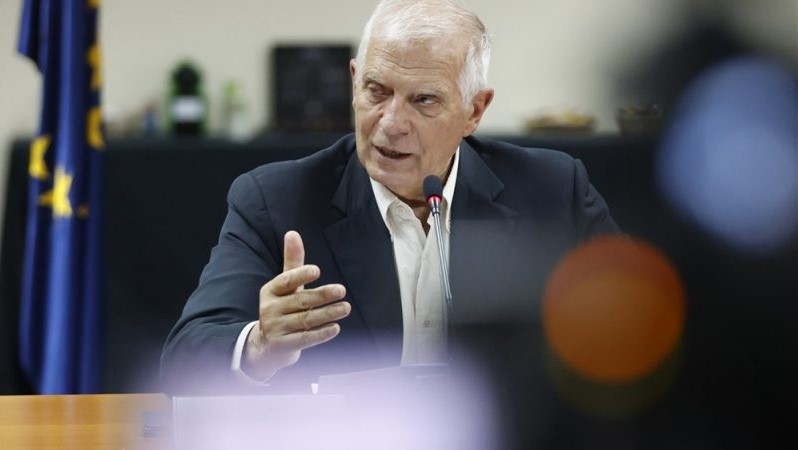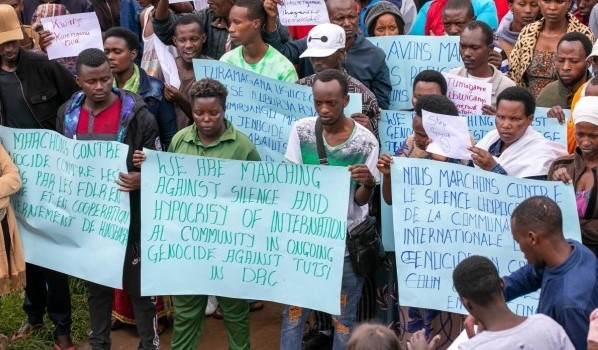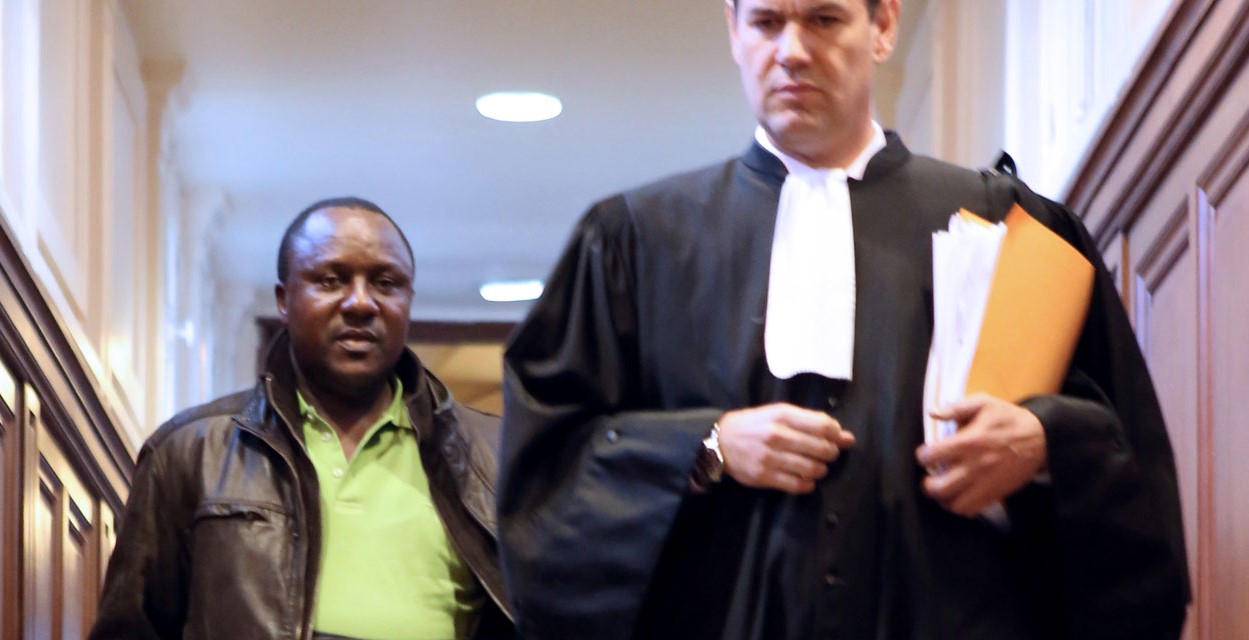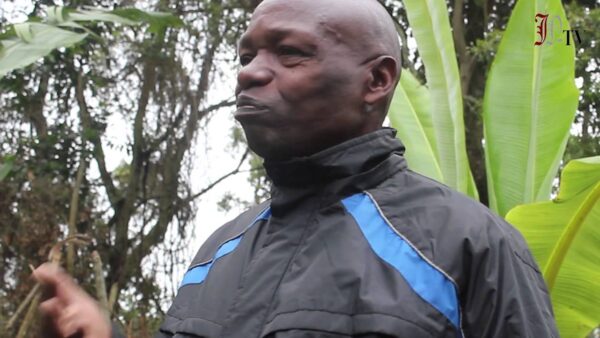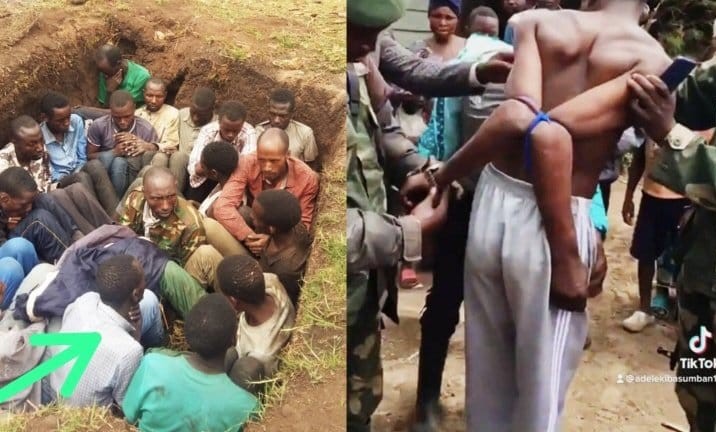Regional
Media pushing DRC propaganda over accurate reporting
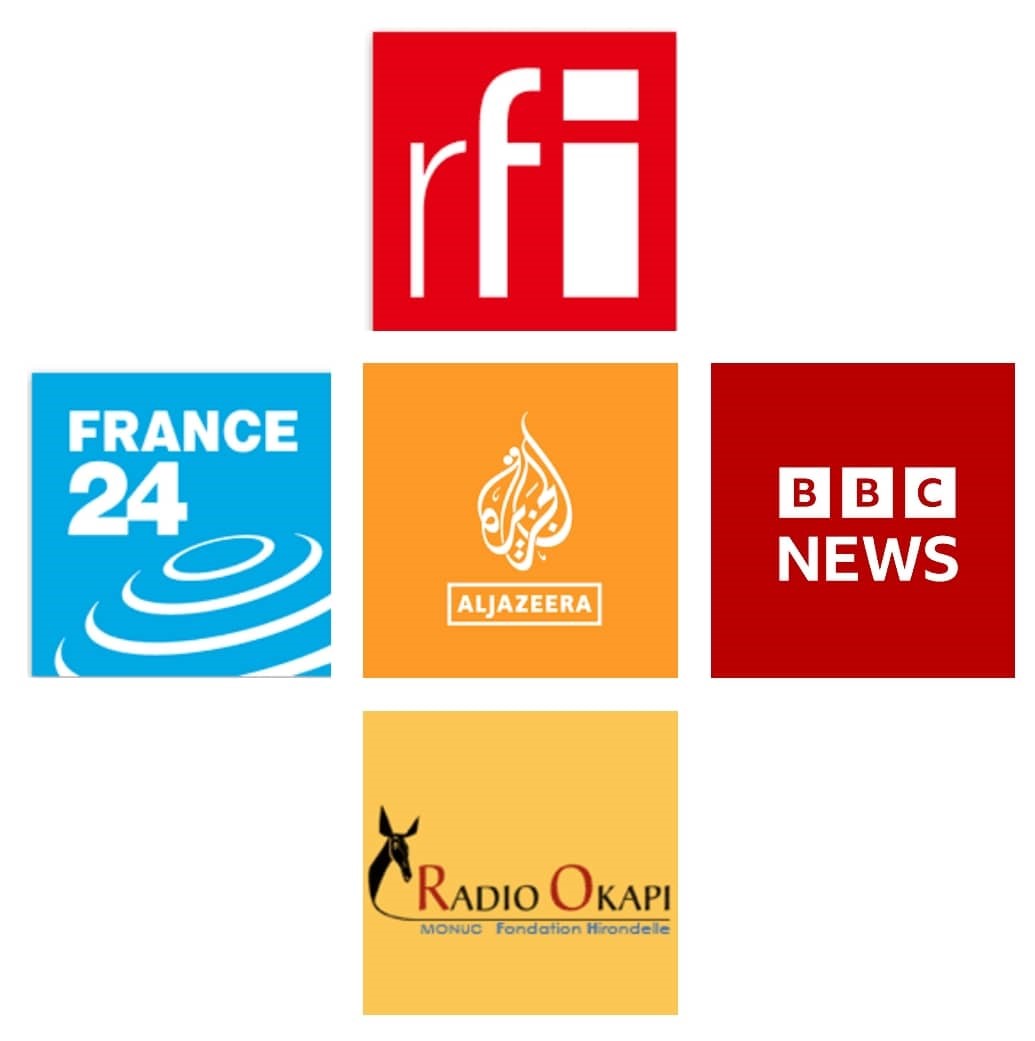
Journalists
often claim to strive to give a voice to the voiceless but this principle is
not applying to the Kinyarwanda speaking Congolese whose rights as legitimate
citizens are being denied by the Congolese government.
Instead
of showing how these people are being denied their rights, media outlets including
the UN's own Radio Okapi, Radio France International (RFI), France 24,
Aljazeera, VOA, and others, are pushing Kinshasa’s propaganda of finger-pointing
Rwanda over the Congolese government’s failures.
When
reporting about the current Kigali-Kinshasa tensions, journalists are adding
fuel to an already burning fire. Many are no longer impartial as they are
supposed to be. They are siding with the Democratic Republic of Congo (DRC) in
spreading misleading information; especially the allegation that Rwanda is
supporting the M23 rebels. The same energy and enthusiasm is not applied in
reporting the arbitrary killings, and ongoing massacres of Congolese Tutsi, in the
eastern part of the country.
The
media’s focus has shifted to how much money they earn out of the published, or
broadcasted, lies, or how higher they will increase the number of their
audience without considering the consequences. Speaking out for the suffering
communities does not sell for them. These journalists would rather give a platform
to the voice of evil.
Rwandan President Paul Kagame, on January 9,
said: “It’s not just hate speech in DRC, people are actually being killed.
Yesterday we received refugees, I am sure even today they are some more
coming... We cannot keep being host to refugees for which, later on, we are
held accountable in some way, or even abused about.”
What
President Kagame did was merely ask the international community, and Kinshasa, to
take responsibility for finding a durable solution for this forgotten group of
Congolese refugees. He emphasized that Rwanda cannot be blamed for the DRC’s
failure and then be expected to host those who seek refuge from the
consequences of Kinshasa’s irresponsibility. But international media twisted
the speech.
Radio
France International (RFI) reported: “Paul Kagame announces that Rwanda will no
longer welcome refugees from the DRC.”
The
UN Mission in DRC, MONUSCO, through its radio, Radio Okapi, published: “Rwanda
will no longer welcome refugees from DRC, says Paul Kagame.” France 24,
Aljazeera, VOA and others repeated the same narrative.
Every
rational journalist, or media house, knows that Rwanda has no intention of
expelling the Congolese refugees it hosts, or denying any others entry, as it
is being reported, or misrepresented. What the Rwandan President actually
addressed was the blatant hypocrisy in criticizing his country for state
failure in DRC and then being expected to accommodate Congolese refugees who
are running away from the consequences of that same failure.
Instead
of sounding the alarm for Congolese refugees who have been in camps for
decades, the media is stimulating the environment of hate in DRC, and watches
the massacres silently.
Following
the resurgence of the M23 and accusations by Kinshasa that Rwanda backs the rebels;
Rwandophones have been tortured and lynched.
Congolese senior officials, security personnels, as well as opinion
leaders are behind their assassinations whether directly or indirectly. But
very few stories condemning these massacres appear in the media.
In
June 2022, a senior FARDC officer, Col Ndayisaba, was ill-treated by military
and police officers in Walikale, simply because he was Tutsi. Lt Col Bageni, the deputy Commander of
FARDC’s 3305th regiment, was attacked by a mob in Kisangani, simply because he
was Tutsi. In the same month, Sieur Semutobo, an ordinarily Congolese Tutsi
citizen, was also burned to death, in broad daylight. In January 2023, Bugegene
Senibonkwe, president of the Congolese Tutsi community was assassinated by a
coalition of the Congolese army and Mai-Mai militia.
These
incidents are a drop in the ocean of ongoing massacres of Congolese Tutsi, and
the incidents are always shared on social media. Kinyarwanda-speaking Congolese
are killed daily by ordinary citizens, armed groups under supervision of the Congolese
army, FARDC, yet fewer media report such atrocities.
Different
international media outlets which claim to address global problems are busy urging
Rwanda to stop support to the M23. One can rarely hear them mentioning the
rebel group’s grievances. No international journalist bothers to ask about what
actually led the rebels into taking up arms.
This way of reporting only
serves the incitement of hate against Rwandophones, specifically Congolese
Tutsi which results into their deaths. Journalists have abandoned
their professionalism and become propagandists. Innocent civilians are becoming
the victims of this incompetence.


